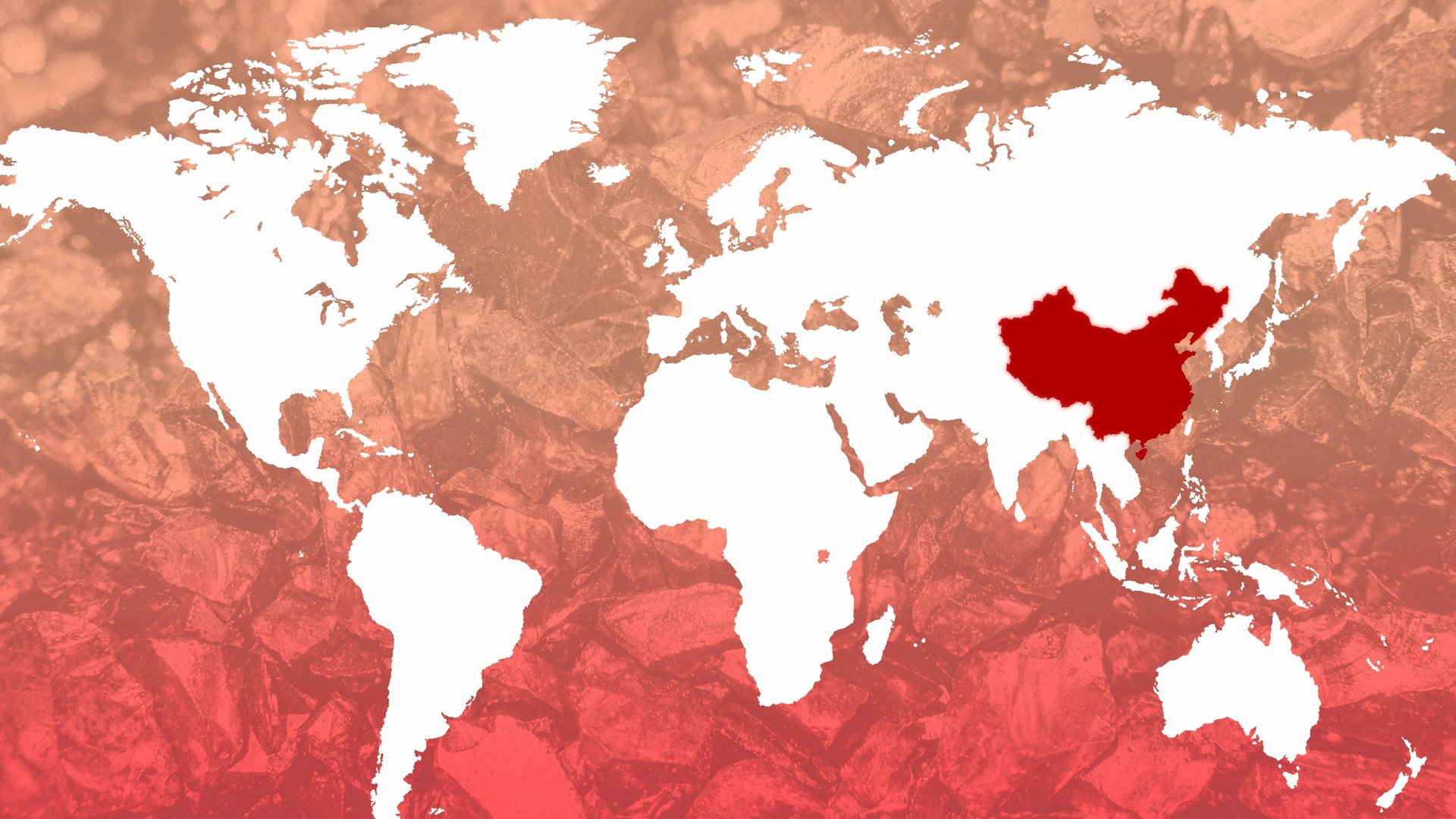China's rare earths industry has a raw materials problem
China's imports of rare earth raw materials are surging, raising concerns about the risks of foreign dependence

China may already dominate the world’s supply chains of rare earth metals. Even so, it is increasingly worried about securing enough raw materials to feed its vast industrial appetite.
Numbers bear this out. China’s grip on rare earth production has slipped even as other countries have ramped up their own production. Its share of global mining output fell to 58% in 2021, from a high of 98% in 2010. At the same time, its imports of rare earth raw materials have grown, jumping nearly 40% in 2021, according The Rare Earth Observer, an industry newsletter.
China’s growing import dependence for rare earth
Rare earths are a group of 17 metals critical to many high-tech applications. Producing high-purity rare earths, for use in products like batteries, permanent magnets for EV motors, and wind turbines, is a complicated process.
After rare earth ores are mined, they have to be crushed and ground up to extract the metals from the minerals. Chemical procesess separate out individual rare earth elements, and further refining and alloying processes produce high-purity metals for use in manufacturing.
China essentially has a monopoly on every step beyond the first phase of digging ores out of the ground. This has given it it huge sway over the global rare earth industry. But it also means that it needs vast quantities of ore, which is currently mostly mined in China, Australia, the US, and Myanmar.
“China’s rare earth industry has a raw material problem,” Thomas Krümmer, the author of The Rare Earth Observer and director of the Singapore-based firm Ginger International Trade and Investment, said in an email to Quartz. He estimates that China has less than 20% of the world’s rare earth natural resources, although it accounts over 85% of global rare earth processing—a stark imbalance that “causes them discomfort.”
“China depends so much on imports of rare earth raw material from abroad, [and] they are painfully aware that this dependency could be used against them,” said Krümmer. “What would they do if the US cut them off from Mountain Pass supplies?”
Mountain Pass, owned by the New York-listed MP Materials, is the only commercially active rare earths mine in the US. Currently it sells the bulk of its output to China, to be processed there. MP Materials declined to comment for this article.
Chinese academics have expressed similar concerns. Wang Anjian, a scientist at the Chinese Academy of Geological Sciences, warned in a research paper last year of China’s shrinking domestic rare earths mining sector and plummeting investment in mineral exploration. “The security of raw materials for China’s huge industrial system is worrying,” he wrote.
These concerns are pushing Chinese rare earth players to aggressively invest overseas, and to snap up output from those foreign deposits through long-term contracts. China’s new investments and purchasing agreements, in fact, may threaten Western efforts to build a non-Chinese rare earths supply chain—and end up entrenching China’s dominance. But where in the world is China hunting for these precious minerals?
This is the first article of a three-part series.
Part II: China is on a global hunt for rare earths
Part III: The West is trying to cut China out of rare earths—and China is noticing
